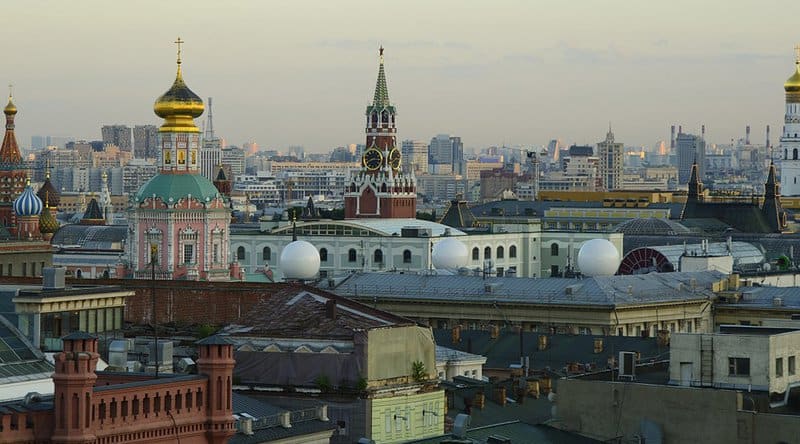Russia Submits First Bitcoin Bill Proposal

Russia’s Ministry of Finance has submitted a draft bill on Bitcoin regulation in the country, weeks after the government approved the concept of creating legislation specifically for cryptocurrencies.
“The use of digital currencies as a means of payment on the territory of the Russian Federation will continue to be prohibited,” the Ministry of Finance said in a statement Monday. “Under the proposed regulation, digital currencies are considered solely as an investment vehicle.”
The draft bill comes after an intense dispute between the Bank of Russia and the Ministry of Finance, which hold opposing views regarding the optimal future of bitcoin and cryptocurrency regulation in the country. While the ministry has strived to accommodate the burgeoning technology into a legal framework, the central bank has called once and again for a complete ban on the trading and mining of bitcoin.
Earlier this month, the Russian government gave the ministry the green light to propose a bill encompassing the regulation of cryptocurrency, effectively discarding the Bank of Russia’s suggestions that the proliferation of bitcoin should not be allowed in the country and outlining an initial plan for the legislation.
The decision to move forward with regulation instead of a ban came on the heels of signals sent by Russian President Vladimir Putin, who in late January highlighted the country’s competitive advantages in bitcoin mining – an industry he supports.
The bill submitted by the Ministry of Finance provisions several restrictions for Russians interested in investing in bitcoin, including identification requirements, yearly investment limits, and custody arrangements, according to the statement.
Russians will have to provide their personal information to buy or sell bitcoin on regulated exchanges, though it is still unclear how much information will be necessary. Users will also only be allowed to buy about $7,700 worth of bitcoin per year upon successful completion of a testing procedure to assess their knowledge level of cryptocurrency. If they fail the test, they will only be able to purchase up to roughly $650 worth of bitcoin per year.
Bitcoin deposits and withdrawals to and from an exchange will only be allowed through accounts in a bank, the statement said. It seems, therefore, that users’ won’t be able to withdraw bitcoin to a self-custody wallet.
“In addition, for the safety of clients’ funds for crypto-exchanges, a nominal account mode is introduced, on which the funds of bidders will be located,” per the statement. “Exchanges and exchangers will be required to maintain registers indicating the addresses – identifiers of each holder of digital currencies.”
The bill also distills requirements for these service providers to operate in the cryptocurrency market, including details on corporate governance, reporting, information storage, internal control and audit, risk management measures, and the number of reserves that need to be held.